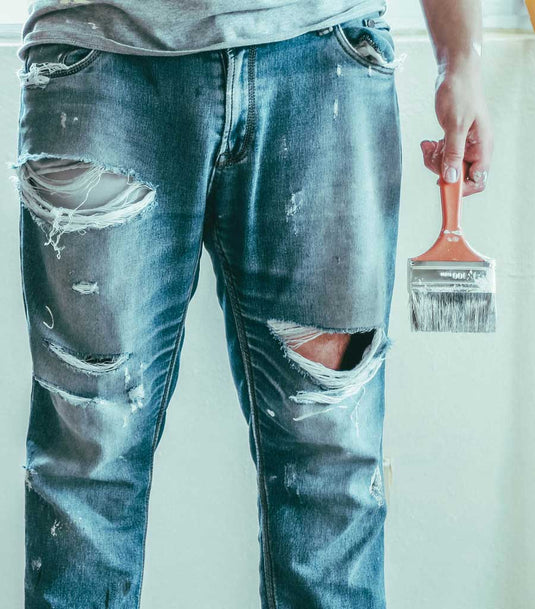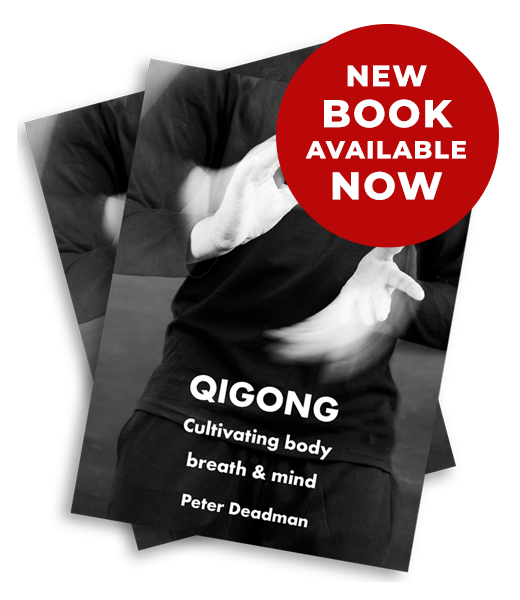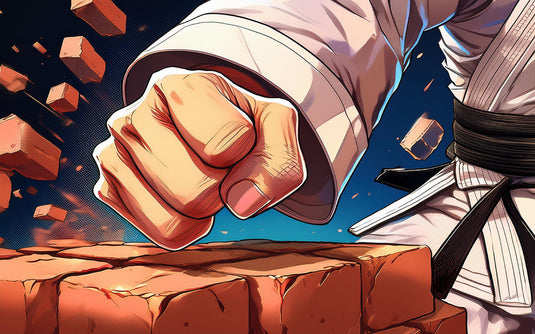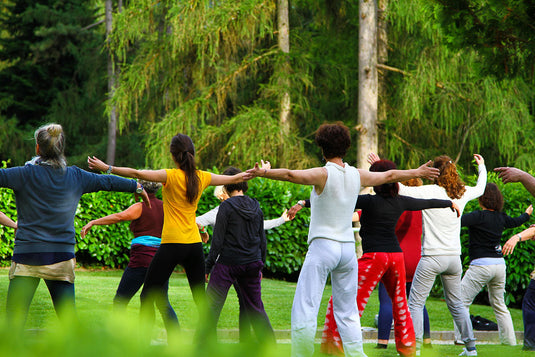I spent part of lockdown writing a new book, with all profits going to the Chinese Medicine Forestry Trust. It’s a raw and honest account of childhood, teen rebellion, drugs and hippie travelling, transformation into a natural foods pioneer, studying Chinese medicine and more.

It’s available as an e-book from Amazon (you don’t need a Kindle device – you can download a free app for phones, tablets, laptops etc.). Apologies for using Amazon but it’s realistically the best option, with for authors and readers – I guess that’s why they are so successful.
Here’s a short section from chapter 6: ‘Earning a Living’ – an account of the many random jobs I did before I found my calling.
Painting a church
G. and I were living in a one room flat above a bakery on the Fulham Road in London. She was the first girl I’d ever lived with. Seeing her make-up on the shelf, her dresses and hats in the wardrobe and her underwear drying in the bathroom, along with regular sex, felt like Christmas. I had one brother and went to an all-boys’ school so I didn’t really know any girls till I was sixteen. I’d had a few girlfriends before G. but this was what I wanted – a real, steady, settling-in kind of relationship.
We’d got together one night at UFO, the underground club in Tottenham Court Road. I’d gone there with Connie, whom I’d met in Spain on my overland trip to Israel. We’d met up again in London but we’d now got to the point where neither of us really wanted to be with each other and she disappeared with someone else early in the evening.
G. was the girlfriend of one of my best friends, but after we took a little speed, that didn’t seem to matter any more. We danced and flirted all night and ended up in her room as the morning sun struck the crystals swaying in the open window, playing kaleidoscopic rainbows over the bed. When we made love, it was like it had been ordained, better than anything I’d ever experienced before. They say the dynamics of a relationship are laid down in the first twenty-four hours. My friend was badly hurt by our betrayal and I went on to be repaid in kind, suffering the intense pain of jealousy when I discovered that G. had cheated on me.
But this was our early days. We got high, dressed up and went to underground clubs at weekends, jigging around to Soft Machine, Pink Floyd and Arthur Brown amid the strobes and liquid swirling lights. She wore her tiny dresses, a floppy hat and a boa while I was draped in beads and finery. Sunday mornings we bought croissants and lay in bed amidst the crumbs. Weekday evenings we cooked and I felt like a married man.
G. worked in Biba’s first shop in Kensington and I used to sit there, waiting for her to finish her shift, surrounded by girls trying on dresses, hats and scarves. She had a regular pay packet and I badly needed a job to pay my share of rent, tobacco and food – the smells rising from bakery making me hungry all the time. Every day I went through the jobs vacant pages in the London Evening Standard, wondering if I had what it took to be an estate agent’s assistant or office temp.
Then one day I saw this ad: YOUNG PEOPLE WANTED TO PAINT CHURCH
I’d done a bit of decorating for my Dad and liked the idea of painting around the stained glass windows and marble statues inside a cool building smelling of old stone and wilting flowers.
There were five of us waiting outside the locked door of a massive church close to Regent’s Park when Mr (or was it Major?), Hudson appeared – tweed jacket, short, clipped and no nonsense. We were young and long-haired and he talked to us like we were fresh cadets. If I wasn’t an anarchist I’d have saluted. He said he’d persuaded the Parish Board to let him get the outside of the church painted faster and cheaper than any professional decorating company.
A cold wind whipped around our feet as we craned our necks up to the unpainted parapet where pigeons roosted high above London, and then even higher to the bell tower. He told us he’d hired sixty foot (18 metre) ladders and how quick and easy the job would be. But in reality we were his young, expendable troops and it was pretty clear he wasn’t going to lead the way into enemy fire.
The ladders were made of wood and so heavy it took three of us to raise each one. Climbing nervously to the top, we left the streets of London, the cafes, buses and taxis, the noise, far below and entered a new world where the wind blew fierce, the ladders shifted and creaked in tune with our trembling, the disturbed pigeons squawked and flapped in our faces, and we hoped we’d live long enough to slap cream paint on the dirty stone and encrusted pigeon droppings and get down as fast as humanly possible. In the face of our shared fear, we bonded rapidly, and it was only the trench-happy camaraderie that brought us back the next morning.
Mr (or was it Major?) Hudson bustled up to us on our second day as we were on our tea break (fried egg sandwich, sugared tea and a couple of roll up cigarettes for me) for a serious word. People had been finding splashes of cream paint on the tops of their cars and they weren’t happy. The Parish Board wasn’t happy either. You need to take more care, he said. He’d been in Marks & Spencer’s that morning and watched some painters working there. They hadn’t spilled a drop. We didn’t say anything, just looked at him, wondering if he couldn’t see the difference between carefully stroking paint onto flat walls in the comfort of a warm shop and climbing to the crow’s nest in a howling gale as the ship rocked beneath us.
On the way back to the Fulham Road, sitting on the tube, hair and face caked in paint, I felt glad to be alive yet already dreading the next day.
It must have been around day five that the ladder came down. We were on our tea break again, joking about something, when we heard a scraping sound, quiet at first, then louder and louder, a long breath-holding, silence and then an enormous crash.
We rushed outside to see that one of the ladders had fallen and crushed a car (the vicar’s it turned out) like it was made of tinfoil. As we stood there, a couple of guys in hard hats ran over from the building site across the road.
“We’ve been waiting for that to happen. We’ve had bets on it. How could you not know about tying ladders”
“Tying?”
“Up top, whenever you go that high in the wind and all, you’ve got to tie the ladder onto something every time. We thought you were crazy”.
Like with Mr (or was it Major?) Hudson we didn’t say anything, but if we had it would have been along the lines of “why didn’t you bloody come over and warn us days ago?”





